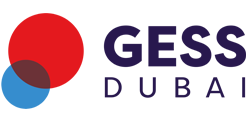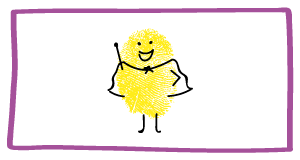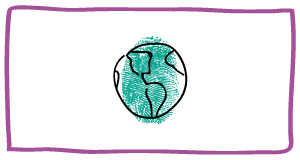Uneducated children to benefit from e-learning programme
Thousands of expatriates whose educations have been disrupted could soon benefit from an online learning programme.
The Pakistani Association Dubai (Pad), in association with the Year of Giving, has announced it will start its first online learning project – where pupils will be taught using life video feeds – this year.
The plan will also benefit unskilled workers.
"We [the Pakistani community] need educational access for our children at an affordable cost. The project would enable students to complete their discontinued education," said Samina Nasir, Pad’s education secretary and the person behind the project.
Ms Nasir, a former principal of a Pakistani school in Ajman, said about 20,000 Pakistani children in the UAE are sitting at home without an education because their parents cannot afford the fees of private schools and community Pakistani schools are full. Some daughters are at home because of conservative views as well, she said.
The e-learning programme will focus initially on primary classes, offering grades 1 to 6, and will gradually include more advanced learning, roughly in line with grades 7, 8, 9 and 10.
Ms Nasir said that the monthly cost would be as low as Dh85 per pupil, and that children will need to add software to their computers and have access to the internet at home.
"We are planning to provide laptops and iPads to e-learning students through sponsors. We will also be arranging a space in the Pad community centre where students can use the computer facilities," she said.
"Classes will be conducted online by teachers via a live feed. Students can access their course material through portals or software. We are also planning to design online exams."
Ms Nasir said that the project will also help blue-collar workers complete their education.
"In this way we can enhance our literacy rate by creating educational awareness among the students and workers. It’s my dream to see our community at the highest literacy rate, like other developed countries," she said.
Mohammed Ramzan, who works as a mason at a construction company in Dubai, said that he would be one of the first to try the e-learning project.
"I had to leave school at the age of 11 when my father died and there was no one in the family to feed us," he said. "My mother took me out of school and sent me to the nearby construction site in Lahore to earn money. Since then, I haven’t seen school. It was my father’s dream for me to become an engineer so that I could create big buildings.
"Unfortunately, I was not able to achieve his dream, but if I get the chance, I will surely complete my education."
Mr Ramzan said he has a smartphone, which will help him to connect with e-classes.
"If I can watch films, do video calls from my mobile then I can also take classes as well. Thanks to the technology," said the 32-year-old Pakistani.
Ms Nasir said that she hopes to get the project off the ground in a few months.
"I think it will take some time to sort out official approvals from the authorities, such as from KHDA and CDA, but we are committed to start this year to complement the UAE’s Year of Giving," she said.
Another challenge is the cost. "Cost will be very high to start the project and Pad will definitely need the support of its community," said Ms Nasir, who added that the e-learning classes would initially be only for Pakistanis but, if funding is secured, it will be open for all nationalities.
akhaishgi@thenational.ae
Read more: http://www.thenational.ae/uae/uneducated-children-to-benefit-from-e-learning-programme






